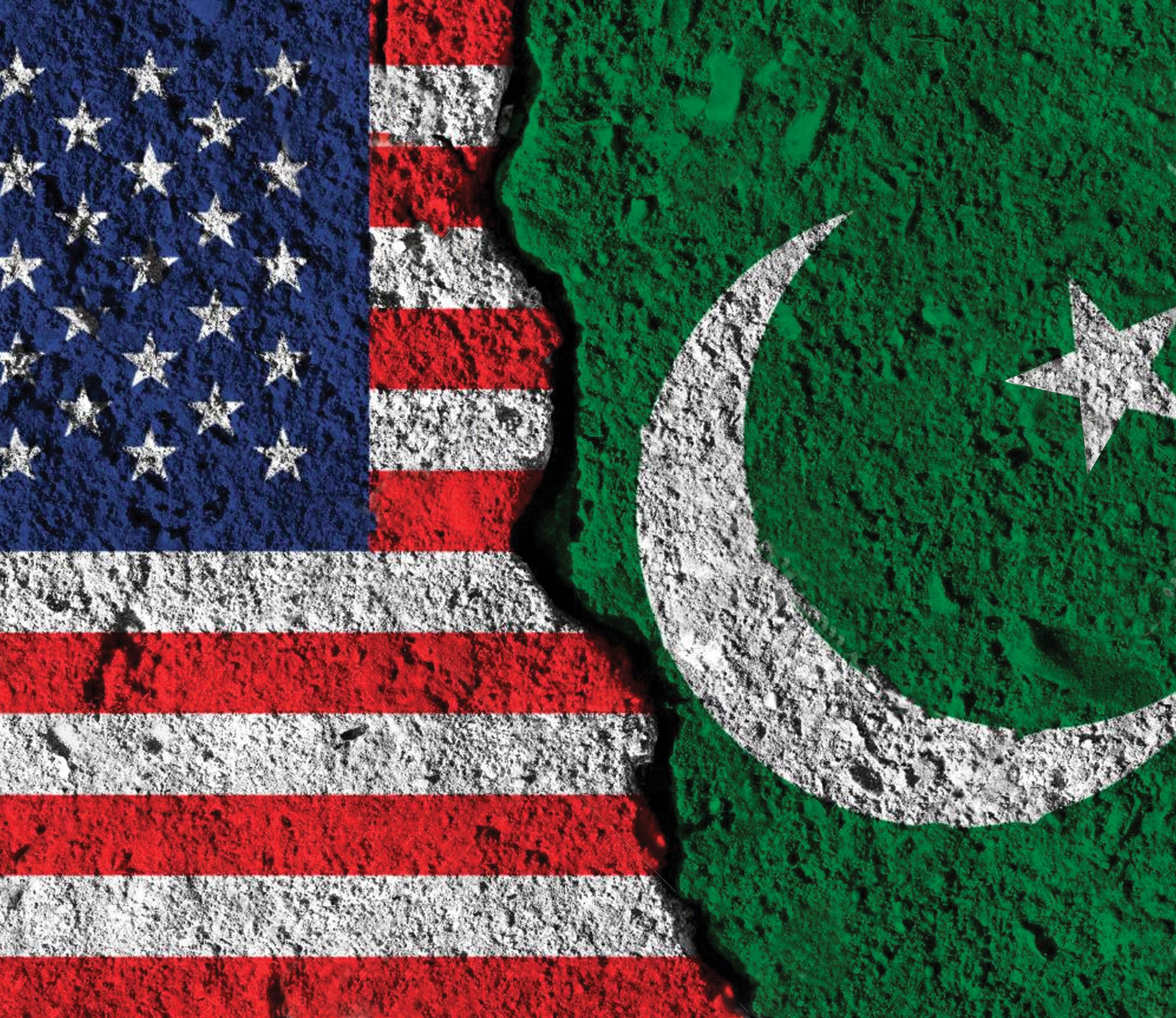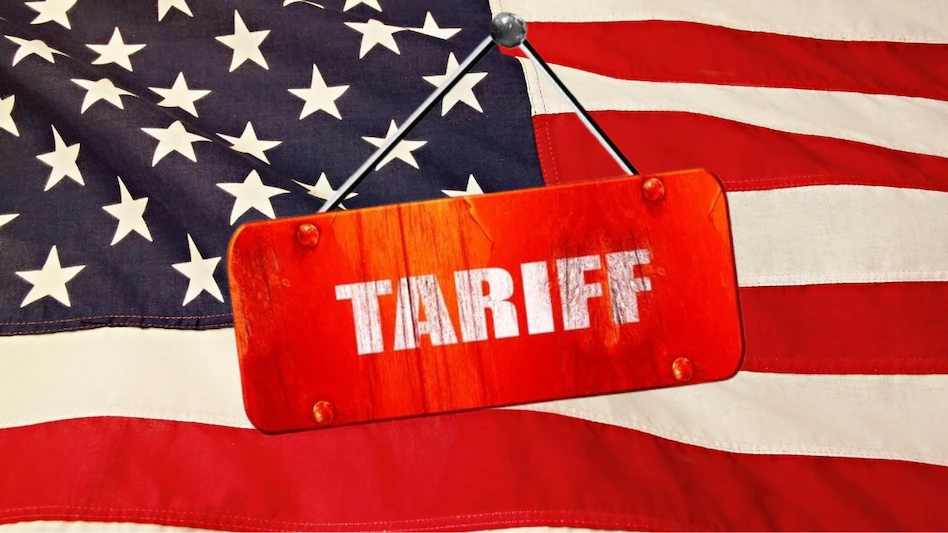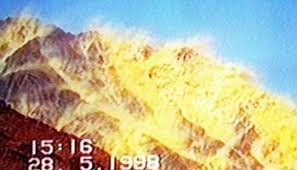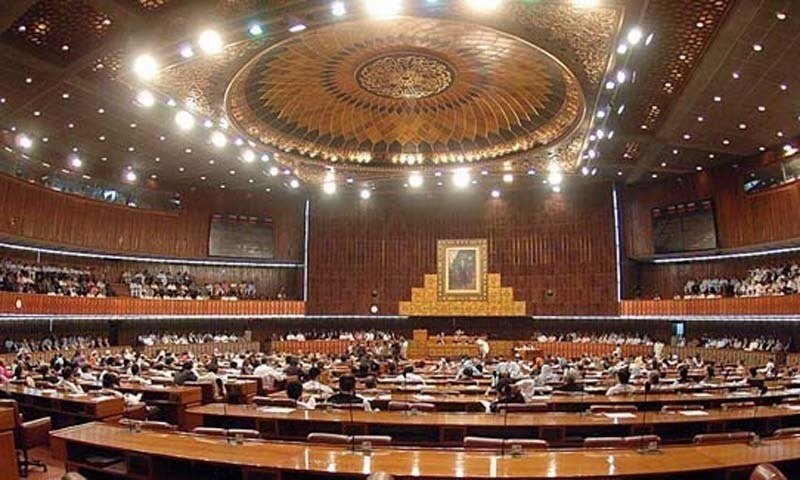The Supreme Court of Pakistan has reopened the debate over the Pakistan Tehreek-e-Insaf’s (PTI) post-election alliance with the Sunni Ittehad Council (SIC), a decision that significantly impacted the distribution of reserved seats in the National Assembly. A constitutional bench, now comprising 11 judges and led by Justice Aminuddin Khan, resumed hearing review petitions challenging the apex court’s July 2024 ruling that had declared 39 independent lawmakers backed by PTI as returned candidates, effectively establishing the party as the single largest in parliament.
The July 12 verdict, backed by a majority of eight out of thirteen judges, recognized these independent MNAs as de facto PTI representatives. However, the National Assembly never implemented the ruling, and the Election Commission of Pakistan (ECP) raised objections—prompting the Pakistan Muslim League-Nawaz (PML-N), the Pakistan Peoples Party (PPP), and the ECP to file review petitions.
Today’s hearing marked a historic moment as it was live-streamed for the first time on the SC’s YouTube channel—following a request by the SIC. The bench includes Justices Jamal Khan Mandokhail, Muhammad Ali Mazhar, Syed Hasan Azhar Rizvi, Musarrat Hilali, and others.
PTI’s Controversial Alliance Questioned
Justice Jamal Mandokhail expressed concerns about PTI’s decision to merge its independent candidates with the SIC. He argued that if the independents had stayed aligned with PTI rather than joining another party, the entire reserved seats issue would not have emerged. He clarified that election symbols are tools for public recognition, not a requirement for a political party’s legitimacy. “A political party does not cease to exist if it loses its symbol,” he remarked, adding that candidates—not parties—contest elections.
Justice Mandokhail also questioned the eligibility of the SIC, which did not formally contest the elections and whose chairman, Hamid Raza, ran as an independent candidate. He observed that the SIC could qualify as a parliamentary group but lacked the constitutional mandate to claim reserved seats.
Justice Musarrat Hilali echoed these sentiments, asking how a party with no electoral participation could absorb independent lawmakers and seek reserved seats. The PPP’s lawyer confirmed that SIC had not participated in the general elections.
Legal Arguments and Counterpoints
Representing the PML-N and PPP women affected by the July verdict, senior counsel Makhdoom Ali Khan argued that lawmakers had been de-notified without notice, violating legal procedures. Justice Mazhar reminded him that the Supreme Court had invalidated those ECP notifications.
Makhdoom insisted that errors related to nomination papers should have gone before an election tribunal, citing Article 255 of the Constitution, which outlines that election disputes must be resolved via petitions—not judicial declarations. Justice Mandokhail challenged this claim, asserting that Article 255 does not apply to proportional representation reserved seats.
Justice Mandokhail also took aim at the ECP, suggesting the commission had not fulfilled its constitutional responsibility. He stressed the need to examine whether the electoral body’s conduct conformed to its duty as an impartial institution.
PTI’s Position and Exclusion from Case
Justice Shahid Bilal Hassan raised a critical procedural question: How could PTI claim reserved seats when it was not a respondent in the case? This sentiment was echoed by Chief Justice Yahya Afridi, who noted that PTI had not been made a formal party to the current proceedings.
Despite this, the Supreme Court’s previous judgment, authored by Justice Mansoor Ali Shah, had heavily criticized the ECP for “unlawful acts and omissions” that sowed confusion among PTI supporters and undermined electoral transparency. It called out the commission for failing in its role as a neutral guardian of democratic processes.
Judicial Division and Political Implications
Initially, a full 13-member bench began hearing the review petitions on May 6. However, Justices Ayesha A. Malik and Aqeel Ahmed Abbasi declared the petitions inadmissible and exited the proceedings. Justice Ayesha formally complained to the Chief Justice about her dissenting note being withheld from the SC website. In her judgment, she emphasized that failure to implement SC rulings erodes both judicial authority and democratic principles.
The SIC had requested that the case be delayed until constitutional challenges to the 26th Amendment were settled and that the original bench be reconstituted. However, Justice Aminuddin rejected this, clarifying that post-26th Amendment, review petitions could be heard by a smaller bench.
Legislative Maneuvers and Pending Petitions
The battle over reserved seats is part of a larger legal and political tug-of-war. In September 2024, the federal government failed to present the 26th Amendment bill to parliament. In response, the Supreme Court issued a clarification, rebuking the ECP for ignoring its July verdict.
Later in October, Justice Mansoor Ali Shah clarified again that amendments to the Elections Act 2017 made in August 2024 could not nullify the court’s judgment on reserved seats. The newly introduced “Elections (Second Amendment) Act, 2024” was widely viewed as an attempt to bar independents from joining political parties after a certain period—an indirect counter to the PTI-SIC arrangement.
The PTI has since filed a petition challenging this legislative change, which a six-member SC bench is scheduled to hear. A separate petition by PTI against the denial of its electoral symbol in January 2024 is also pending.
The Supreme Court’s revisitation of the PTI-SIC merger and the reserved seats verdict underscores ongoing tensions between constitutional law, electoral fairness, and political engineering in Pakistan. The court’s live-streamed proceedings may signal a new era of transparency, but the final decision could significantly reshape the parliamentary landscape and redefine party eligibility in future elections.
















